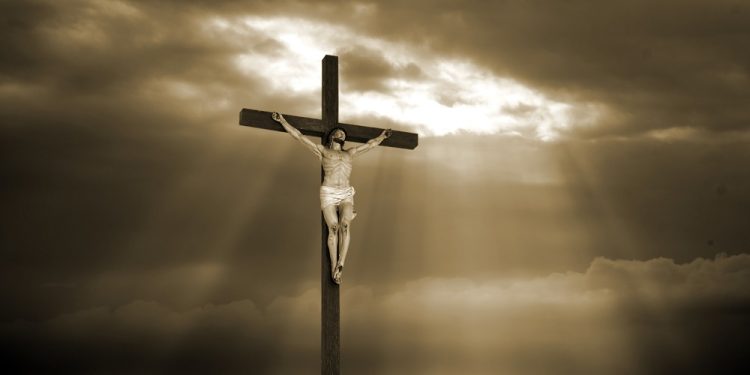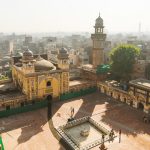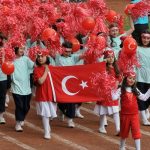
Ethiopian Good Friday
Ethiopian Good Friday, observed by the Ethiopian Orthodox Tewahedo Church, is one of the largest Oriental Orthodox churches in the world and one of the few Christian churches located in sub-Saharan Africa. In Ethiopia, Good Friday is known as Sekelet in the Amharic language, which means “sorrow” or “grief.”
Since this holiday falls on the Friday before Ethiopian Easter, it occurs on a date later than when Western Christians observe Good Friday. Ethiopian Easter is celebrated on the first Sunday after the first full moon following the Vernal Equinox, placing the date of this holiday somewhere between April and May, depending on the year.
The History of Ethiopian Good Friday
Good Friday in Ethiopia is closely tied to the history of the Ethiopian Orthodox Tewahedo Church—a church that dates back to the early days of Christianity. The Ethiopian Church was founded by an Ethiopian eunuch who was baptized by the Apostle Philip and was established on a synodal level during the 4th century.
Throughout the centuries, the church has suffered greatly from numerous setbacks and religious persecution. Even so, the church has managed to maintain its independent liturgical practices and age-old traditions.
Observing Ethiopian Good Friday
As is the case with most other Christian denominations around the world, Ethiopian Good Friday is a day of fasting and abstinence. From midnight to the end of Good Friday services, the faithful are expected to avoid eating or drinking. Liturgical services include the reading of the Gospel accounts of Christ’s crucifixion and death. These services are often punctuated with prayers, songs, hymns, and other spiritual displays.
Ethiopians also celebrate this holiday with a colorful two-day celebration that involves robes in bright colors and the parade of a replica of the Ark of the Covenant. Hundreds of thousands of Christians participate in this event and the subsequent festival, which is usually followed by a sprinkling of holy water on the congregation.
Other practices observed on this day include foot washing, a reflection of grief by wearing black clothing and veils, and prayer. After the conclusion of Good Friday services, a traditional meal such as injera (Ethiopian flatbread) and lentil stew is used to break the fast. People also spread the word about this holiday across the internet using the hashtag #EthiopianGoodFriday.








